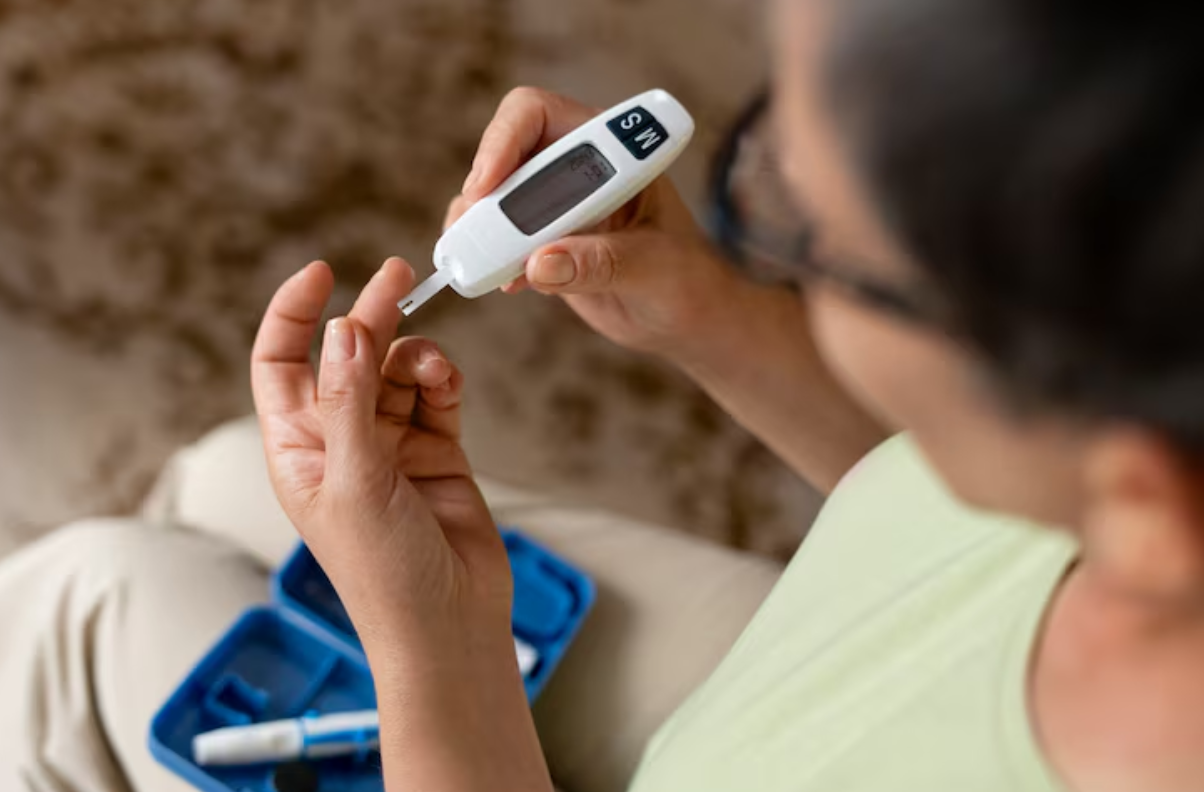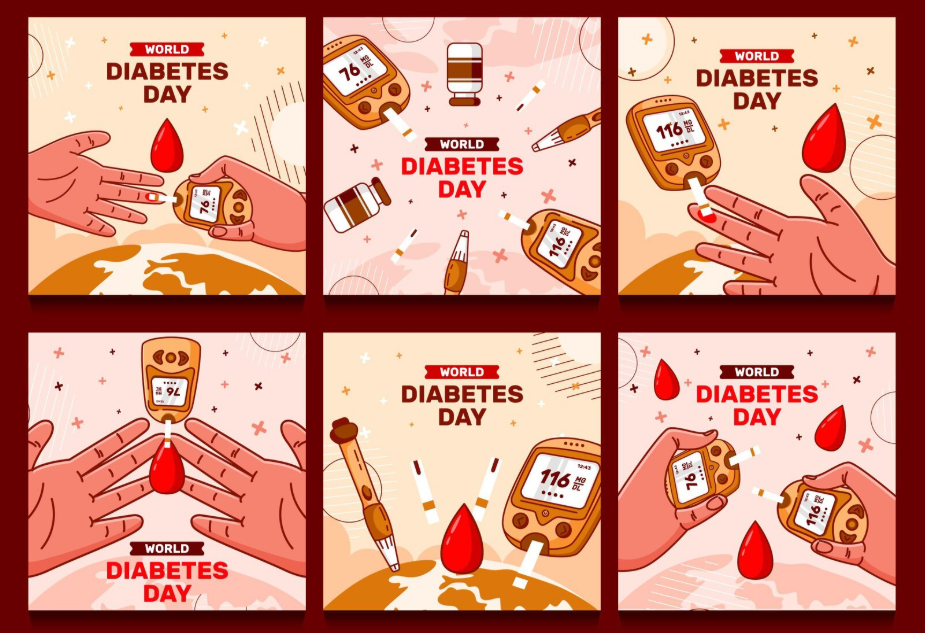What Happens When You Add Vinegar or Lemon Juice to Rice? Surprising Effects on Blood Sugar
💡 Key Insight: Vinegar and lemon juice can help reduce blood sugar spikes and support diabetes prevention with simple dietary changes.
Have you ever seen someone sprinkle vinegar or lemon juice on rice? For many, this habit may seem unusual, but it has become a strategy for those concerned about rising blood sugar. Some individuals diagnosed with prediabetes have chosen to change their eating habits dramatically, refusing to rely solely on medication. The question is: does this practice really help control blood sugar, and what does it taste like? Let’s explore the science behind vinegar and lemon juice, their effects on blood sugar, and safe ways to include them in your diet.

🍚 Vinegar and Lemon Juice: A Natural Way to Control Blood Sugar Spikes
According to the Korea Disease Control and Prevention Agency and the Korean Diabetes Association, foods like vegetables, seaweed, spices, vinegar, and lemon are considered relatively safe for those managing diabetes. Vinegar and lemon juice are particularly effective at slowing down post-meal blood sugar spikes caused by rice, bread, noodles, or potatoes. They are also inexpensive and easy to find, making them a practical choice for daily use.
🥂 Acetic Acid in Vinegar: The Secret to Blood Sugar Regulation
The main component of vinegar is acetic acid, formed during the fermentation of natural carbohydrates. This acid helps delay the breakdown of carbohydrates into glucose, reducing sharp increases in blood sugar. However, drinking vinegar directly can damage the stomach lining and tooth enamel. For safe consumption, it should be diluted with water or added to salads and vegetables.
Tip: Adding a small amount of vinegar to rice while cooking can give it a glossy texture and also provide blood sugar benefits.
🍋 Lemon Juice: Antioxidants with Blood Sugar Benefits
Lemon juice, with its naturally low glycemic index, helps slow the rise of blood sugar after meals. It also contains Vitamin C and antioxidants that boost immunity, fight fatigue, and reduce inflammation. Like vinegar, lemon juice slows the breakdown of carbohydrates into glucose, moderating absorption into the bloodstream. However, due to its acidity, individuals with gastritis or acid reflux should consume it carefully, preferably diluted in water.
Ways to use: Mix with water for a refreshing drink, add to vegetable salads, or drizzle over fish and meat dishes for both flavor and health benefits.
🥗 Healthy Eating Habits for Better Blood Sugar Control
- Reduce refined carbs: Replace white rice, white bread, and noodles with whole grains, beans, or mixed grains.
- Increase fiber intake: Vegetables and seaweed help slow down blood sugar absorption.
- Choose whole fruits: Avoid juices; eat whole fruits to retain fiber and prevent sugar spikes.
- Cut down on sugar: Minimize desserts and processed foods high in added sugars.
- Stay active after meals: Walking for just 10 minutes after eating can significantly reduce blood sugar surges.
⚠️ Important Precautions
While vinegar and lemon juice are helpful, they are supplements to a healthy diet, not replacements for medical care. Drinking them undiluted can harm the stomach and teeth. Always consume them in diluted form or combined with food. Those on diabetes medication or with pre-existing stomach conditions should consult a healthcare professional before making major changes.
✅ Conclusion: Adding vinegar or lemon juice to meals can be a simple and effective way to reduce blood sugar spikes and support long-term health. For best results, pair these habits with a balanced diet and regular exercise.
CDC Check




